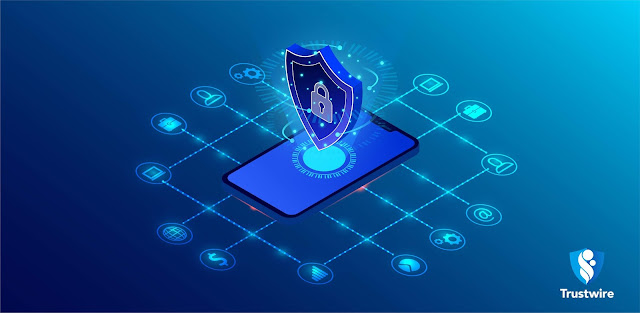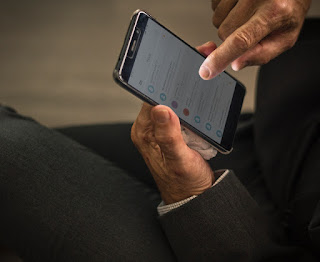Let’s face it. We live in a world where practically everything we do is being monitored and saved on the internet. Yes, we have access to tech devices that make our lives so much easier, and they come cheap. But what people tend to overlook when they’re browsing the web, downloading the new “it” app, or even sending a selfie to their friends is that they may not be as protected as they may think. When was the last time you read a company’s privacy policy or the T&C page? If you can’t answer, you’re not alone. Data protection and privacy are some of the most underrated acts of personal security.
Do you know how valuable your data is?
While you may think you’re just another user in the pool of thousands, brands do whatever it takes to find out more about you, your browsing habits, and even your spending history. Machine learning has enabled companies to learn things about you, like where you tend to shop, your personal contact information, and where you’re geographically located. Sounds invasive, right? Consumers must be aware of how valuable their data is, and companies must start being more transparent with their audience about their business models. Shouldn’t consumers be offered a fair and transparent trade for data about THEM?
Government’s are exploiting user data:
While we may not be entirely shocked to learn that corporate institutions are exploiting user data for their own gain, did you know that governments are doing it as well? Unfortunately, cases of identity theft are rapidly growing in developing countries. Governments who should be educating their citizens on proper data protection are instead abusing user data for their own benefits without proper consent or acknowledgment. Until appropriate laws, rules, regulations, and sensitization concerning data protection are put in place; people are at a loss. Legislation should be used to help serve their community; instead, government officials are using it for personal and financial gain. People all around the globe are simply not told about the dangers of having their information stolen. And it seems like the governments in some countries are hoping to keep it that way.
Trustwire can help keep you protected:
Everyday people online are unknowingly exposing themselves to cases of identity theft and data fraud. With the lack of rules and regulations concerning data protection laws in most countries, people are forced to take matters into their own hands. There’s a severe lack of consequences for the mishandling of private or personal information. Trustwire is tool businesses and individuals can use to ensure the data they share over the internet remains safe. Using end-to-end encryption, all files sent through Trustwire are protected from vicious internet predators.
Identity theft is at an all-time high. How do you know you’re not giving hackers exclusive access to your most sensitive information? With Trustwire, never fear your personal information being in the hands of the wrong people.


































